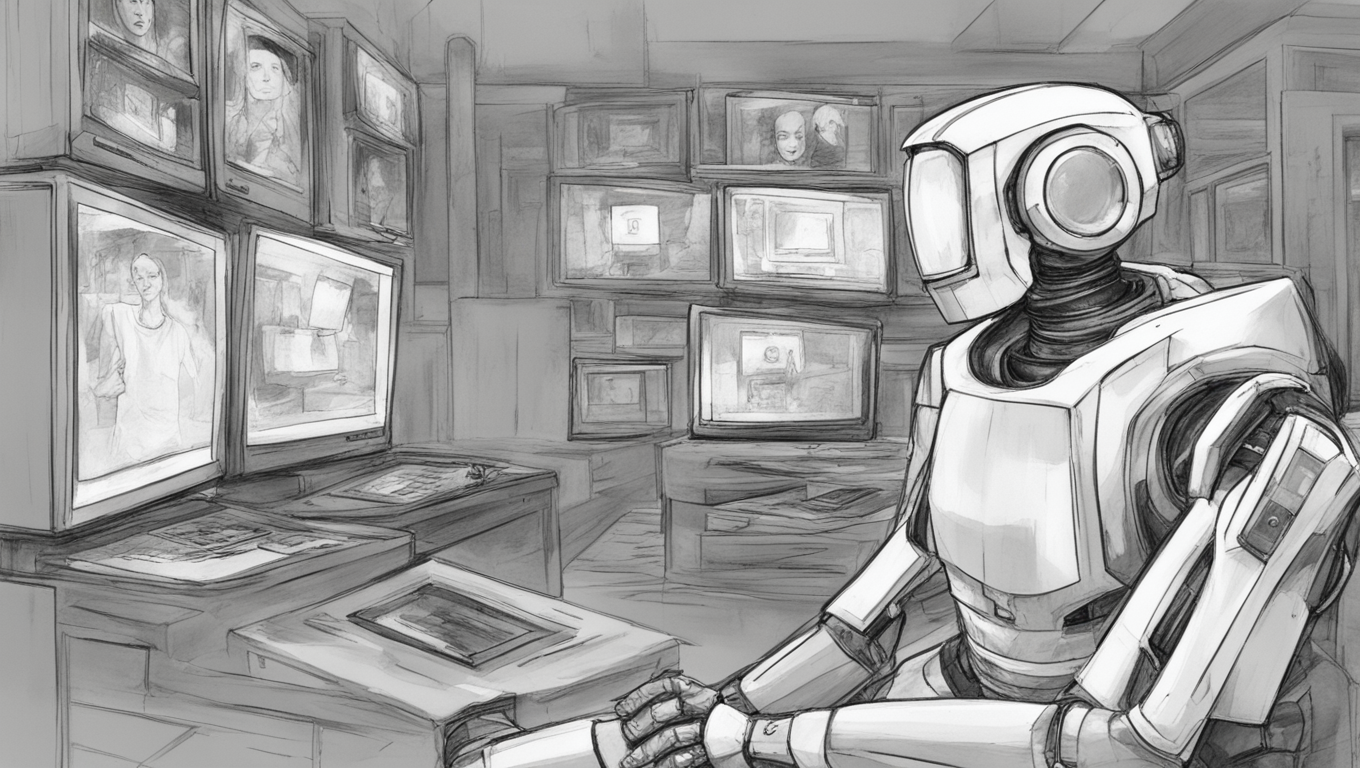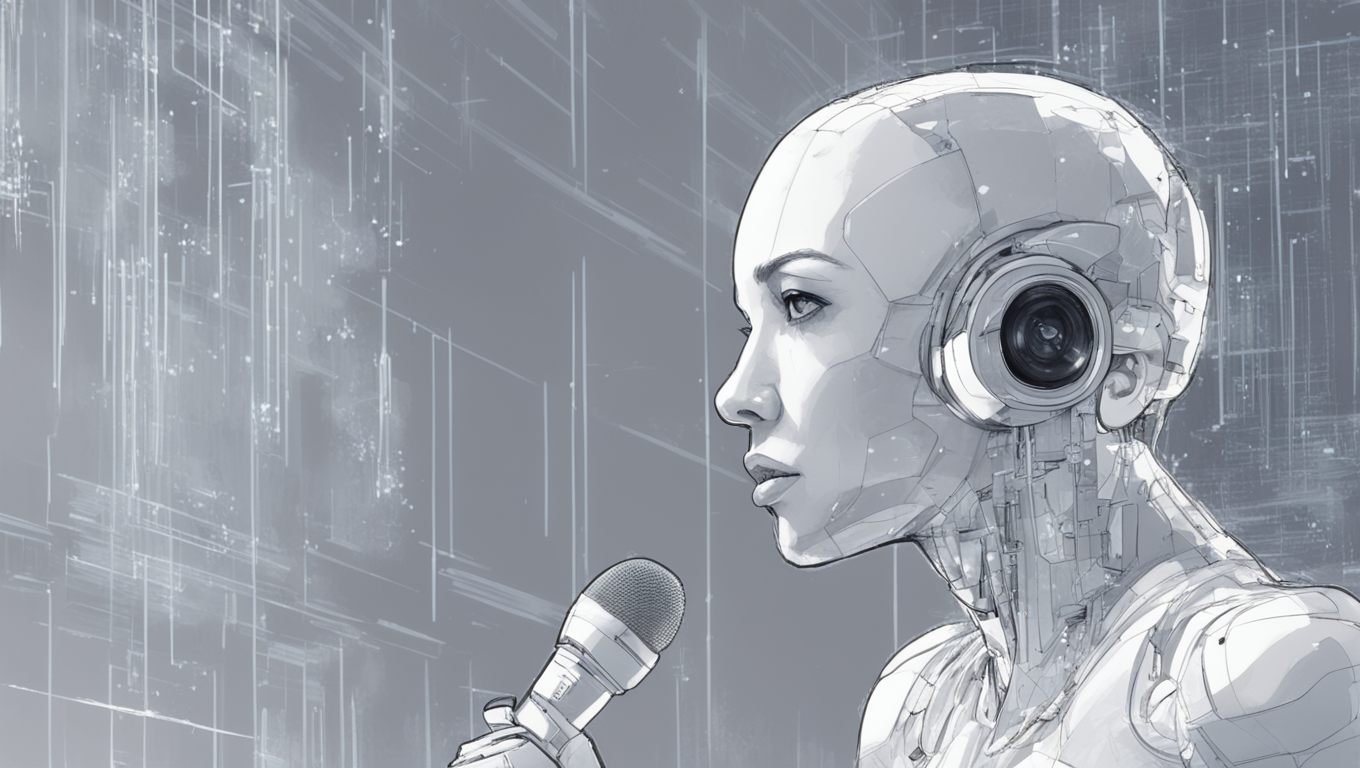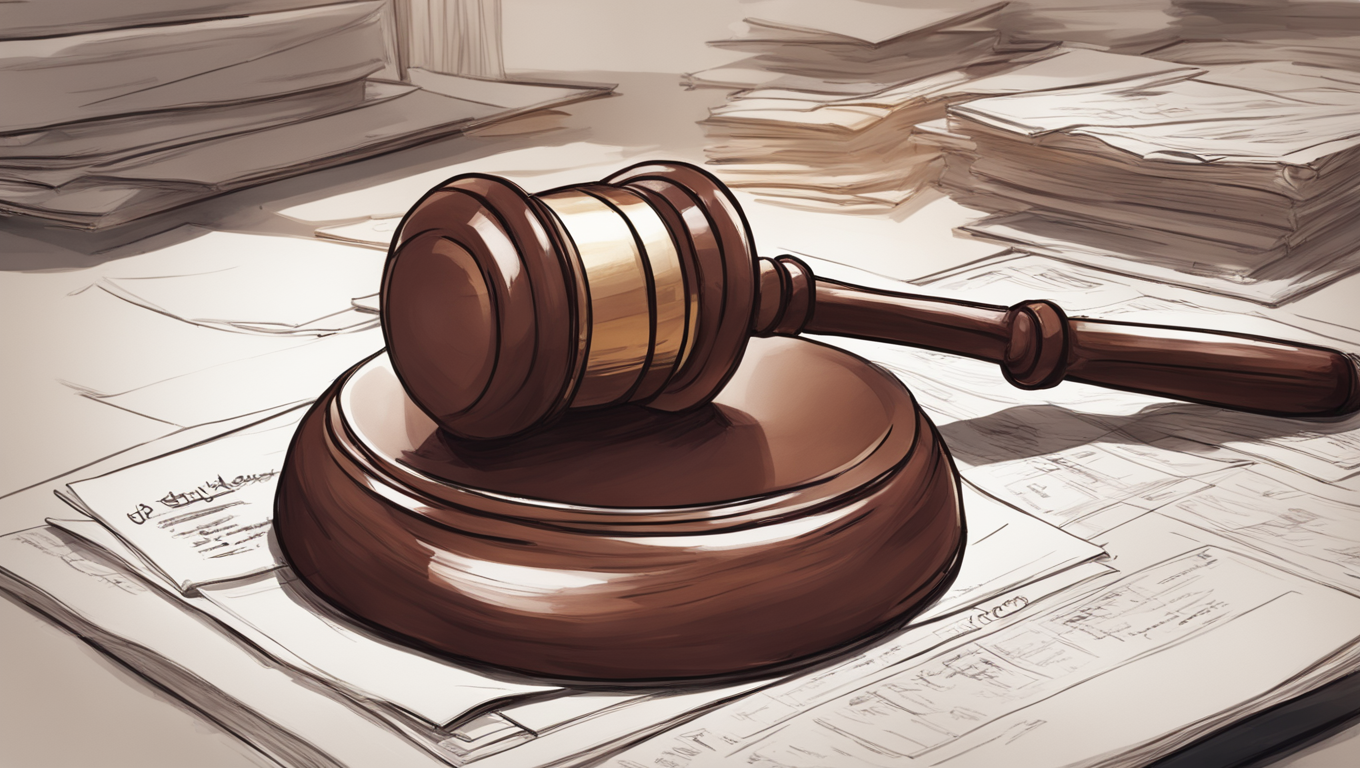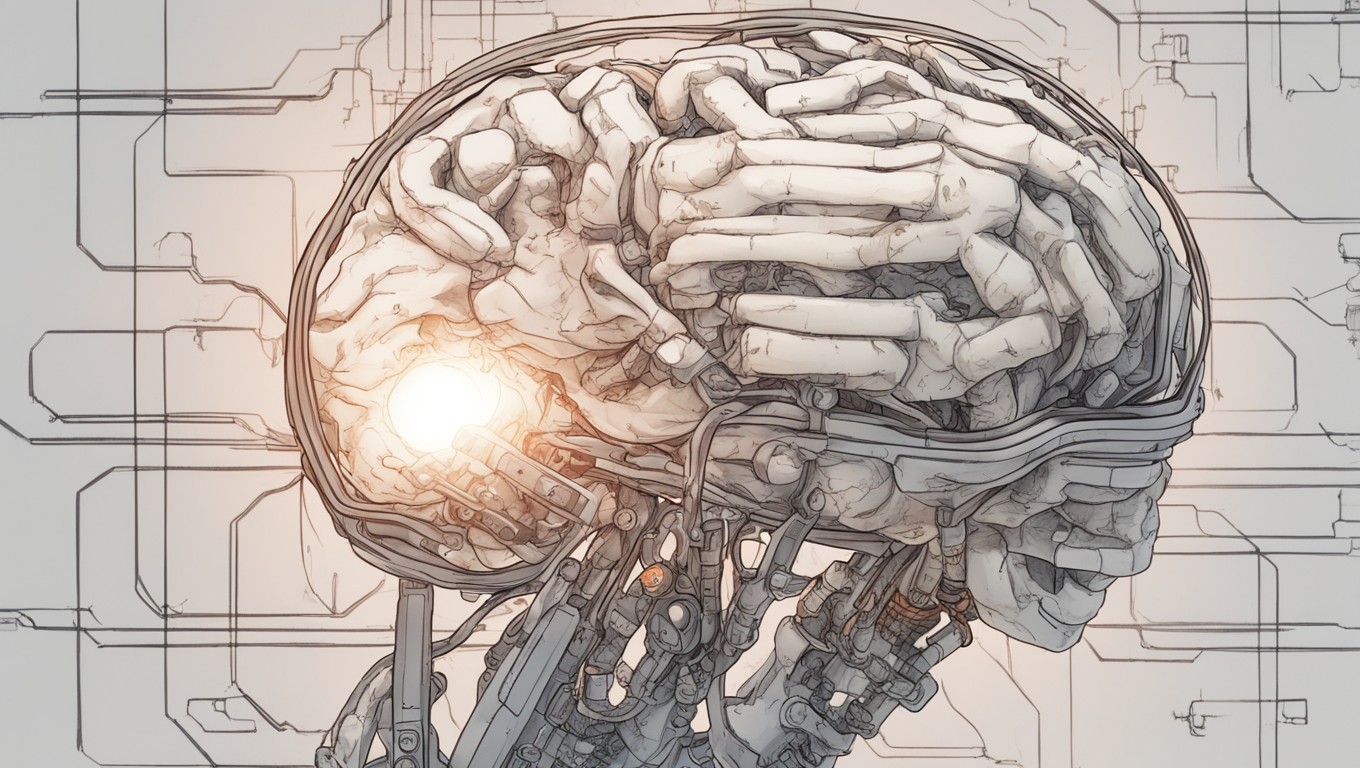OpenAI never ceases to push the boundaries of artificial intelligence research, and their latest endeavor has sparked quite a controversy. According to a recent report by The New York Times, OpenAI transcribed over a million hours of YouTube videos to train their advanced AI model, GPT-4. This bold move has left many questioning the legality and ethics of OpenAI’s methods.
While it is well-known that scraping and downloading YouTube content without permission is prohibited by both YouTube’s terms of service and by Google, the owner of YouTube, OpenAI defended their actions by stating that they believed it fell under the realm of fair use. OpenAI President Greg Brockman was personally involved in collecting the videos that were used for training the AI model.
OpenAI has always been at the forefront of AI research and development, constantly seeking new ways to improve their models. In order to maintain their global research competitiveness, they rely on a variety of data sources, including publicly available data and partnerships for non-public data. An OpenAI spokesperson told The Verge that their approach is necessary for them to remain on the cutting edge of AI innovation.
However, Google, the parent company of YouTube, has responded to these claims by stating that they have only seen unconfirmed reports of OpenAI’s activity. Both their robots.txt files and Terms of Service clearly prohibit unauthorized scraping or downloading of YouTube content. It remains to be seen how Google will respond to this controversy and whether any legal action will be taken against OpenAI.
This is not the first time that OpenAI has utilized data from YouTube to train their AI models. Last year, The Information reported that OpenAI had secretly used data from the site for this very purpose. YouTube is a treasure trove of visual imagery, audio, and text transcripts, making it an incredibly valuable resource for training AI models.
Undoubtedly, this controversial approach raises significant questions about the boundaries of fair use and the potential consequences of using copyrighted material without permission. It also highlights the challenges that arise when technology advances at a pace faster than legislation can adapt.
As AI continues to advance and become an integral part of our daily lives, it is crucial that we have meaningful discussions about the ethics and legality of its development. OpenAI’s decision to transcribe YouTube videos for training their AI model may have pushed the boundaries of what is currently accepted, but it serves as a reminder of the importance of striking a balance between innovation and responsible use of technology.
Only time will tell how this controversy unfolds and what impact it will have on OpenAI and the wider AI research community. As AI models become more powerful and capable, it is essential that we navigate these ethical and legal challenges proactively to ensure the responsible development and deployment of AI in the future.





Use the share button below if you liked it.